In recent times, Elon Musk's takeover of Twitter and his subsequent actions have sparked both excitement and concern among users, particularly teenagers who actively engage with the platform. Initially pledging to protect free speech, Musk's implementation of new guidelines, including banning unlabelled parody accounts and introducing a verification fee, has generated controversy.
Elon Musk
Elon Musk is a prominent entrepreneur and business magnate known for his innovative ventures in several industries. He was born on June 28, 1971, in Pretoria, South Africa. Musk is the CEO and lead designer of SpaceX, CEO and product architect of Tesla, Inc., CEO of Neuralink, and founder of The Boring Company. He has also been involved in other ventures like SolarCity and PayPal.
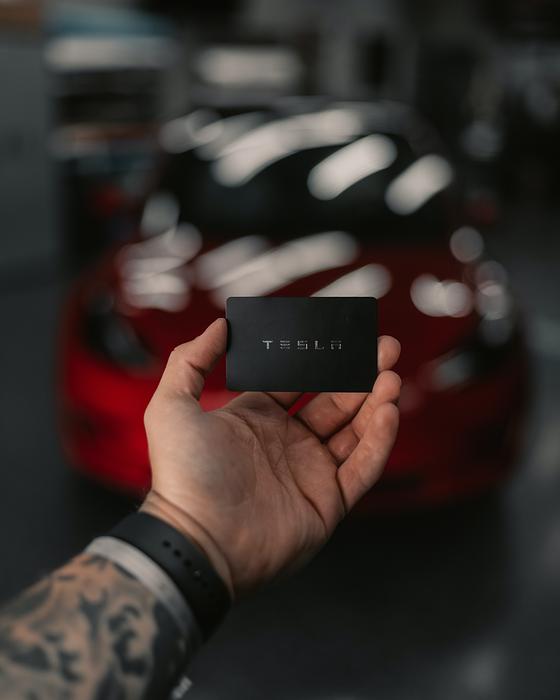
Image from Unsplash
Musk's entrepreneurial journey began early in his life. At 12 years old, he developed and sold a BASIC-based video game called Blastar. After completing his studies in South Africa, he moved to the United States to attend the University of Pennsylvania.
Elon Musk joined Twitter in June 2009, and his early tweets mainly focused on his various ventures, providing updates and insights into his companies. Over time, his Twitter presence grew in popularity, largely due to his charismatic personality, unique sense of humor, and willingness to engage with his followers. Musk's tweets often touch on topics ranging from technology and space exploration to electric vehicles and popular culture.
Musk's tweets have become a subject of fascination for many, sometimes sparking controversy or even market fluctuations due to their potential impact on Tesla's stock price. His candid and unfiltered approach on Twitter has made him one of the most influential and followed figures on the platform, with millions of followers eagerly awaiting his updates and musings.
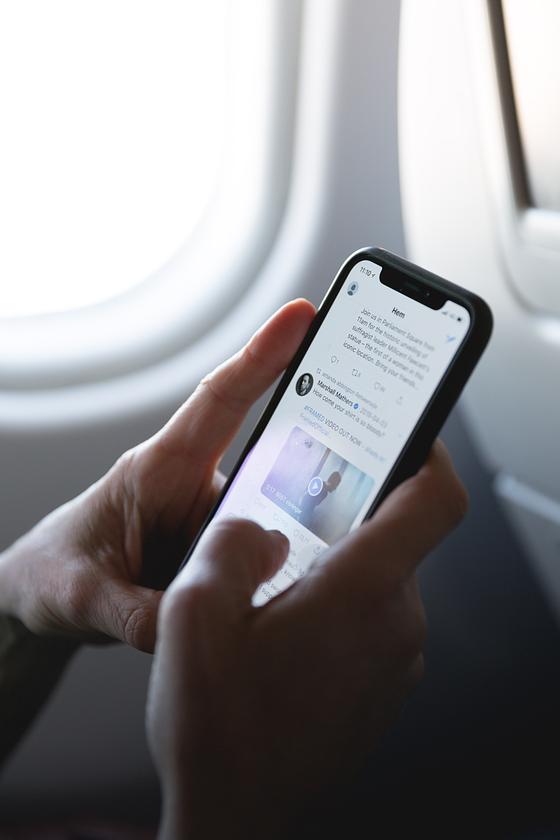
Image from Unsplash
After months of waffling, lawsuits, verbal mudslinging, and the near miss of a full-blown trial, Elon Musk now owns Twitter. Musk closed his $44 billion deal to buy the social media service in October of 2022. Mr.
Musk, a self-described "free speech absolutist," has said that he wants to make the social media platform a more freewheeling place for all types of commentary and would "reverse the permanent ban" of former President Donald J. Trump from the service. Mr. Musk's open approach to speech on Twitter could exacerbate long-simmering issues of toxic content and misinformation, affecting political debates worldwide.
Elon Musk's Vow to Protect Free Speech:
When Elon Musk took over Twitter, he boldly committed to upholding free speech on the platform. Free speech lies at the core of democratic values, allowing individuals to express their opinions and engage in open discussions. Musk's initial proclamation resonated with many, as Twitter has been a prominent platform for free expression, enabling diverse voices to be heard.
The Ban on Unlabelled Parody Accounts:
One of the contentious moves made by Musk was the ban on unlabelled parody accounts. While this decision aimed to combat misinformation, it has raised concerns about stifling creativity and satirical expression. Parody accounts have long been a part of Twitter's vibrant culture, providing social commentary and humor. By imposing this ban, there is a risk of limiting the diversity of voices and suppressing an essential aspect of free speech.
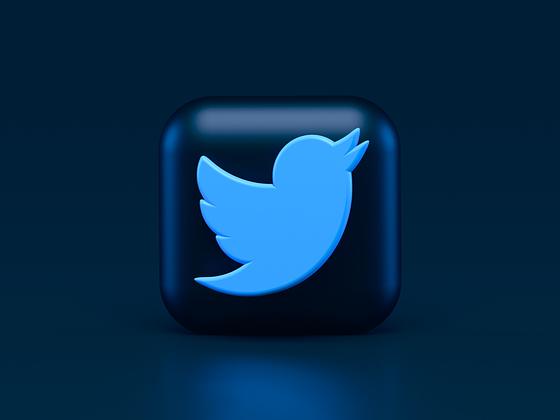
Image from Unsplash
The Introduction of Verification Fees:
Another point of contention is the announcement of an $8 fee for account verification. Verification plays a crucial role in establishing authenticity and credibility on Twitter. However, introducing a financial barrier may disproportionately impact individuals who cannot afford the fee, potentially silencing marginalized voices. This move raises questions about whether Twitter prioritizes revenue generation over the principle of open access and freedom of speech.
Evaluating Twitter's Promotion of Freedom of Speech:
While Elon Musk's initial commitment to safeguarding free speech on Twitter was commendable, the recent guidelines have sparked skepticism about the platform's dedication to this principle. Genuine freedom of speech entails embracing a broad spectrum of perspectives, even those that may be controversial or challenging. By implementing restrictive measures, Twitter risks undermining the diversity of opinions and stifling healthy dialogue.
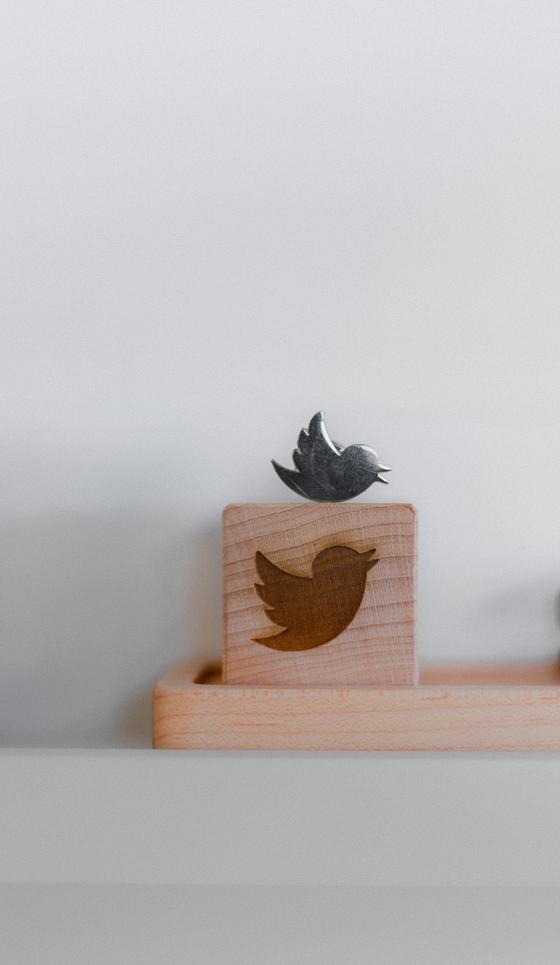
Image from Unsplash
It is crucial to recognize that maintaining a balance between freedom of speech and addressing harmful content is a complex task for any social media platform. Striking this balance requires robust content moderation policies, transparent guidelines, and inclusive discussions with users. While Twitter has made efforts to combat misinformation and ensure a safer environment, it must be careful not to inadvertently suppress freedom of expression in the process.
Elon Musk's takeover of Twitter and his subsequent actions have sparked a lively debate about free speech on the platform. While his initial commitment to protect free speech was commendable, introducing new guidelines, such as the ban on unlabelled parody accounts and the verification fee, has raised concerns about the true extent of freedom of expression on Twitter.
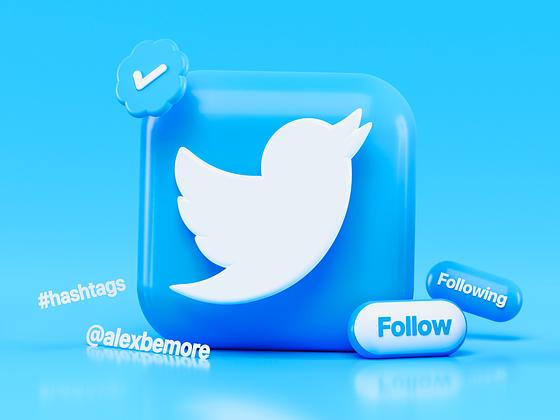
Image from Unsplash
As teenagers engage with social media platforms, it is essential to critically evaluate these developments. True freedom of speech should foster a diverse range of voices and opinions, even if they are controversial or challenging. As a platform, Twitter needs to strike a delicate balance between protecting users from harmful content and promoting an inclusive space for open dialogue. By engaging in these discussions and holding platforms accountable, teenagers can actively shape the future of online discourse and freedom of speech.















